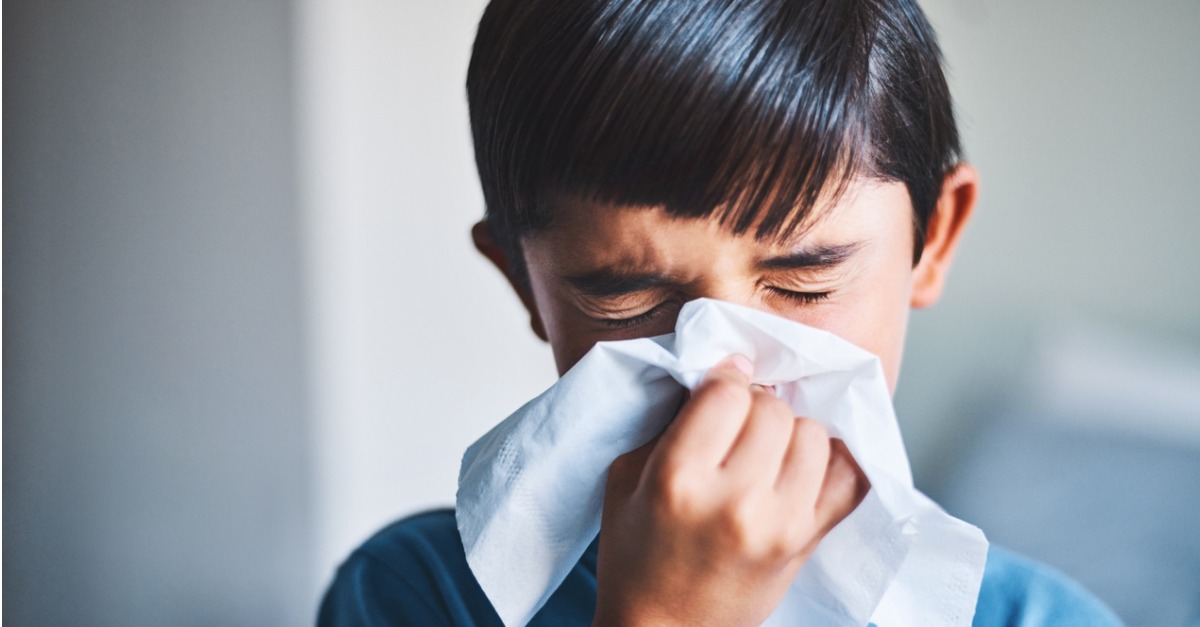
How to Help Your Child Cope With Allergies
Allergies can make life uncomfortable or nearly unbearable. Kids with allergies may not understand why their bodies respond to things in ways that other bodies don’t. They may feel different from their siblings and peers, and may struggle with feelings of embarrassment and isolation.
Talk to the Doctor and to Your Child
If you suspect that your child has allergies, schedule an appointment with a doctor. Once you have confirmed that your child has allergies and know what triggers reactions, you can make any necessary changes.
Explain to your child in age-appropriate terms what allergies are, what he or she is allergic to, and how to avoid reactions. Your child will feel less anxiety and will be more willing to accept medication and diet and lifestyle changes if you explain what is going on and why those measures are necessary.
How to Deal With Allergies
If your child needs to take medication, discuss the benefits, how it should be taken and how often. If your child needs to take medicine at school, talk to the school nurse and teacher so your child can be excused from class when necessary.
If your child has to avoid certain foods, make sure all relatives, teachers, coaches, babysitters, family friends and any other people who might care for your child understand which foods he or she can’t eat. Describe the signs of an allergic reaction and explain what to do if one occurs.
If your child needs to stay inside on days with high pollen counts, look for something fun to do. Encourage your child to invite friends over to play indoor games or watch movies.
If your child is allergic to a family pet, some treatments might make it possible to keep the pet without causing too much discomfort for your child. Keep the pet out of your child’s bedroom and frequently sweep and vacuum to reduce the amount of dander in your home. If your child’s symptoms are so severe that you can’t keep the pet, giving it to a family member or friend who agrees to share photos and updates could ease the emotional distress. You might also be able to have a different type of animal as a pet without triggering allergic reactions in your child.
Kids often feel embarrassed if others perceive them as different, or if they view themselves that way. However, allergies are very common. If your child and others feel comfortable discussing their allergies, that can help take away the stigma, but don’t force the conversation.
Support Your Child
In addition to the physical symptoms of allergies, children may have to deal with complicated emotions. Explaining what is going on and finding ways to avoid triggers can ease the emotional toll on your child. Talk openly and honestly about your child’s allergies and help him or her find ways to cope.



